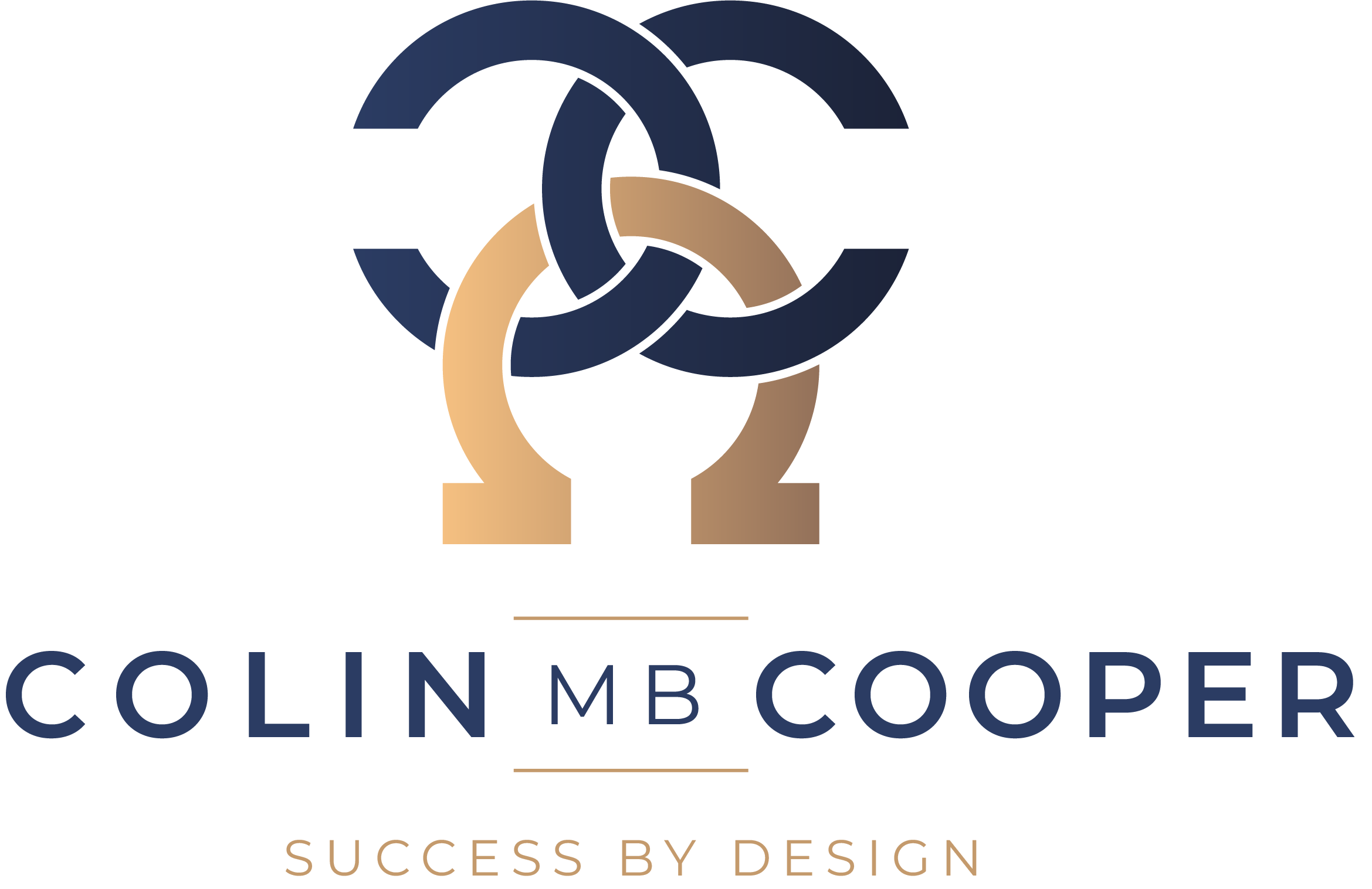Personal focus questions, or primary questions, are enquiries that we often pose to ourselves. They are self-reflective in nature, exploring the realms of our thoughts, feelings, and behaviours. These questions can be conscious or unconscious, guiding our internal dialogue. They provide an essential compass for navigating through our unique experiences, beliefs, and concerns. Unlike broad and open-ended questions, personal focus questions are typically more precise and aimed at our individual situation.
The Multi-faceted Importance of Personal Focus Questions
The significance of these self-directed questions is profound and can be categorised into several essential areas:
1. Self-reflection: Personal focus questions help in the contemplation of our emotions, motivations, and responses. They enable us to tap into the intricacies of our mental landscape, facilitating an understanding of what drives us.
2. Thinking Process: These questions stimulate cognitive processes by nudging us to critically examine our beliefs, assumptions, and preconceived notions. By doing so, they can foster a more conscious and informed decision-making process.
3. Understanding Patterns: An examination of the type and nature of questions we frequently ask ourselves helps in identifying recurring themes and patterns in our thoughts and behaviours. This pattern recognition can be instrumental in personal growth.
The Shift from Negative to Positive Focus Questions
Our mental and emotional states can be influenced significantly by the polarity of the questions we ask ourselves. Negative questions may induce feelings of despair and hopelessness, while positive questions can inspire optimism, resilience, and growth. Here’s how this shift can be achieved:
– Awareness: Recognising habitual questions, especially during trying times, is vital. Awareness is the stepping stone towards transformation.
– Reframing: This involves altering a negative question into a more positive or neutral context. For example, rephrasing “Why can’t I do this?” to “What can help me accomplish this?”
– Practice: Intentional and consistent practice in asking positive questions can rewire thought patterns, fostering a more balanced and hopeful outlook.
The Neuroscientific Impact
The brain’s response to positive self-questioning can be striking. It can enhance mood, alleviate stress, and sharpen cognitive function. Certain neurotransmitters like dopamine and serotonin, often referred to as “happy chemicals,” are stimulated through positive inquiry, promoting feelings of contentment and well-being.
Practical Examples
Adopting positive focus questions can be simple and effective:
– “What’s one thing I did well today?”
– “How can I use my strengths to overcome this challenge?”
– “What can I be grateful for right now?”
Further Reading
For readers seeking to delve deeper into this subject, “Change Your Questions, Change Your Life” by Marilee Adams is an invaluable resource. This insightful book illustrates practical strategies for transforming negative questioning into positive inquiry, supported by psychological research.
Personal focus questions are more than mere self-talk; they are integral to our mental and emotional architecture. They can act as mirrors reflecting our deepest fears and aspirations or tools carving our path towards growth and fulfilment. By understanding their role and consciously shifting from negative to positive focus questions, we can unlock a more positive, resilient, and thriving self. It is a journey towards self-discovery, empowerment, and transformation — one question at a time.



